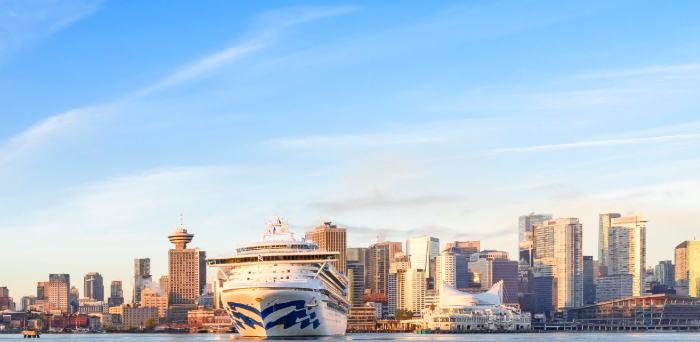The Vancouver Fraser Port Authority announced that from January 1 to June 30, 2020, overall cargo through the port decreased by 1.1% from 72.4 to 71.7 million metric tonnes (MMT) over the same time last year.
Despite an overall decrease in cargo moving through the port, new mid-year records were set for bulk and containerized grain, as well as total foreign tonnage and foreign exports.
Strong global demand for Canadian grain resulted in a new mid-year record of 16.3 MMT for both bulk and containerized grain, an increase of 10.4% or 1.5 MMT compared to mid-year grain records from the previous year. Total foreign tonnage and foreign exports resulted in mid-year records of 57.7 and 49.7 MMT, up 1.2% and 2.1% respectively, due to strong increases in grain, petroleum, chemicals and canola oil volumes.
Between January 1 and June 30, 2020, several sectors experienced declines as a result of weather conditions, trade challenges, cancelled sailings, railroad blockades and the global COVID-19 pandemic. Some of the sectors impacted were autos, down 34.1%, breakbulk, down 17.1%, and containers, down 7.7% from mid-year 2019 to 1.6 million 20-foot equivalents or TEUs.
Whar is more, cruise season at the Port of Vancouver has been postponed until October 31, 2020, following direction from Transport Canada. The port authority will continue to follow direction from Transport Canada, and is refocusing efforts to plan for the 2021 cruise season.
Along with industry and government partners across the Lower Mainland, the port authority is leading the development of more than $1 billion worth of infrastructure projects that will improve its competitiveness as a West Coast trade hub and support a more fluid supply chain to and from the Port of Vancouver.
To accommodate growing trade in containers, the port authority is currently leading two container terminal projects and has partnered with government and industry to invest in a number of road, rail and other infrastructure projects.
Once completed, the Centerm Expansion Project will be able to accommodate a 65% increase in container traffic by having added only 15% more land, along with a terminal reconfiguration. The Roberts Bank Terminal 2 Project is a proposed new terminal which, if approved, would add almost 50% more container capacity to the Port of Vancouver.
The Roberts Bank Terminal 2 Project is designed to meet Canada’s long-term trade demands, well beyond the mid-to late-2030s, making it a critical generational project. Both projects are necessary to meet the forecasted demand for trade of goods in containers, and will serve Canadians well into the future.






























































